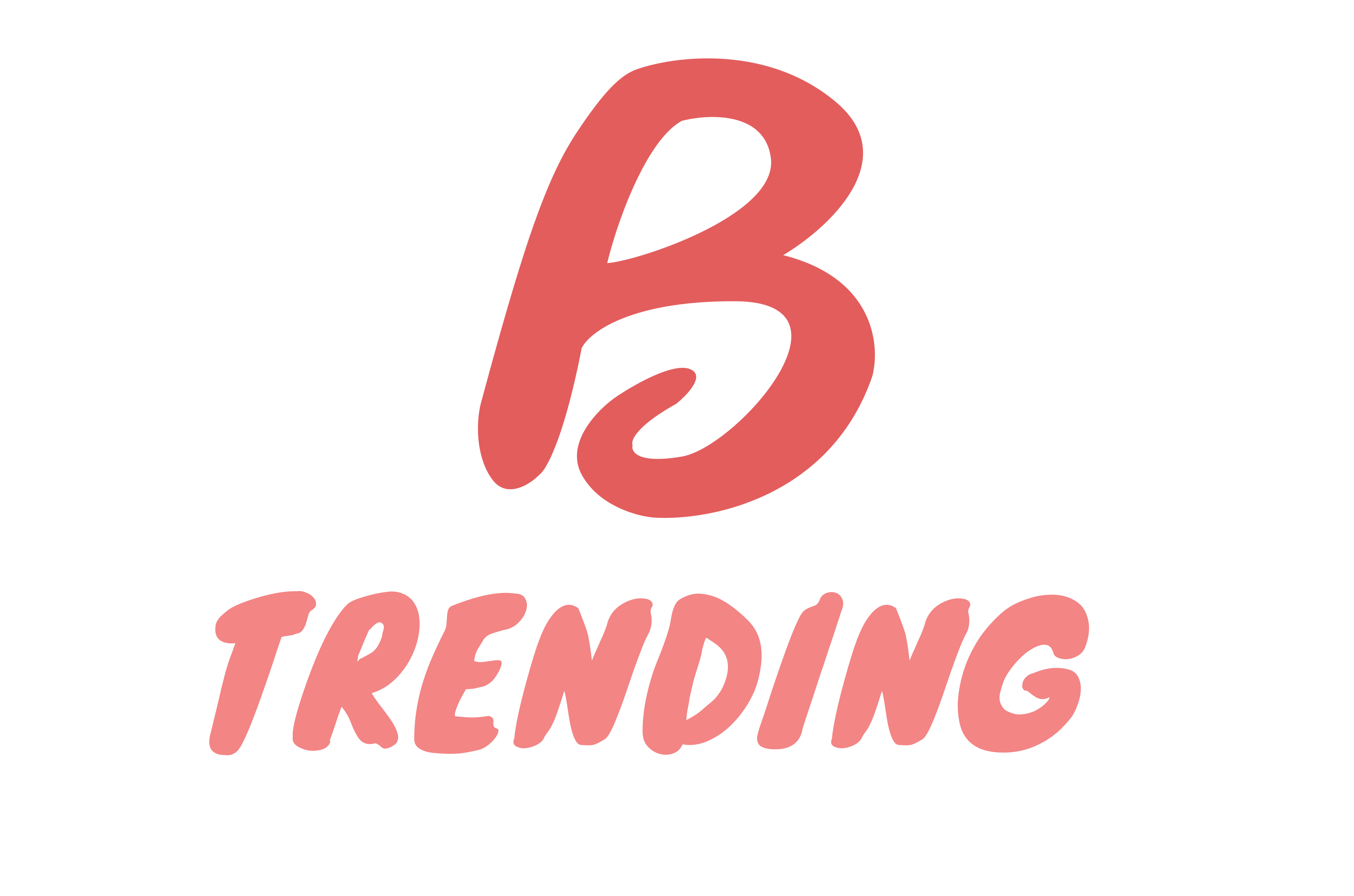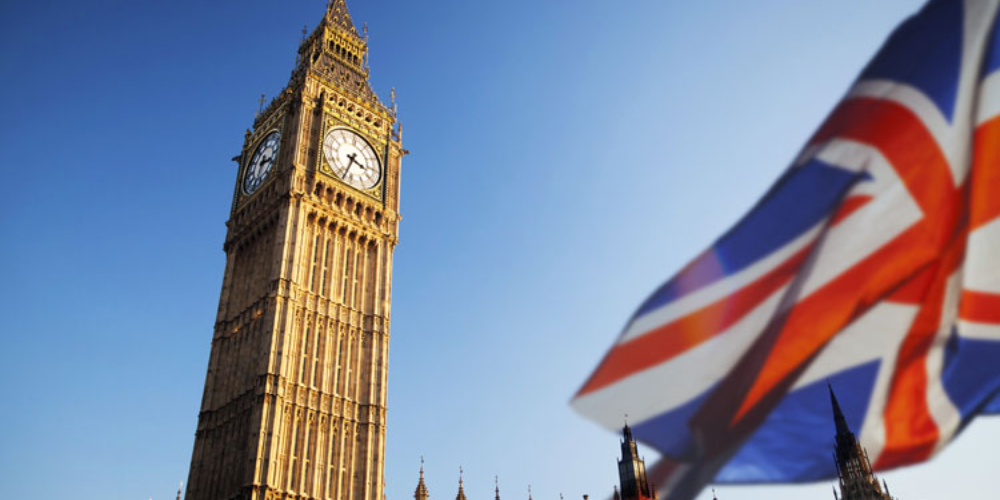Warner Bros. Discovery, the juggernaut of television and film, finds itself caught in the crossfire of industry strikes, and the toll on its bottom line is becoming clearer by the day. In a recent regulatory filing, the company disclosed that its anticipated profits for the year could dwindle by $300 million to $500 million, primarily due to the repercussions of these labor disputes.
This revelation has cast a shadow over the company's financial outlook for the foreseeable future.
The Impact of Strikes on Earnings
Warner Bros. Discovery now forecasts full-year earnings, excluding specific items, to fall within the range of approximately $10.5 billion to $11 billion. This grim prediction stems from the crippling effects of strikes that have paralyzed their operations.
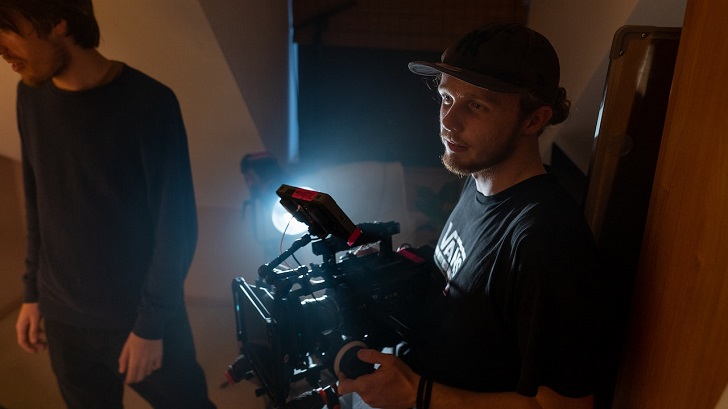
Ben Collins/ Pexels | Producers and executives are eager to restart production, but the strikes have thrown a wrench into their plans
One of the most significant blows came when the Writers Guild of America initiated a strike in May, effectively halting television and movie production.
SAG-AFTRA, the performers' guild, joined the fray in mid-July after negotiations with the Alliance of Motion Picture and Television Producers, which counts Warner Bros. Discovery among its members, crumbled. Talks to resolve these parallel strikes have proven to be a tough nut to crack, with key issues like writers' room size and streaming show viewership residuals remaining contentious.
Shifting Release Dates and Summer Hits
The impact on Warner Bros. Discovery has been palpable. Its scripted television production ended, and the release of "Dune: Part Two," a highly anticipated sequel, was pushed back to the next year. The initial plan was to unveil the film in November, but now fans must exercise their patience.
Amidst the turmoil, there was a glimmer of success as Warner Bros. Discovery found solace in "Barbie." This Greta Gerwig-directed movie, produced in partnership with Mattel, was the biggest box office hit of the summer, amassing an impressive $1.4 billion in global box office receipts since its July debut. This success is expected to bolster Warner Bros. Discovery's third-quarter free cash flow, which is projected to exceed $1.7 billion.
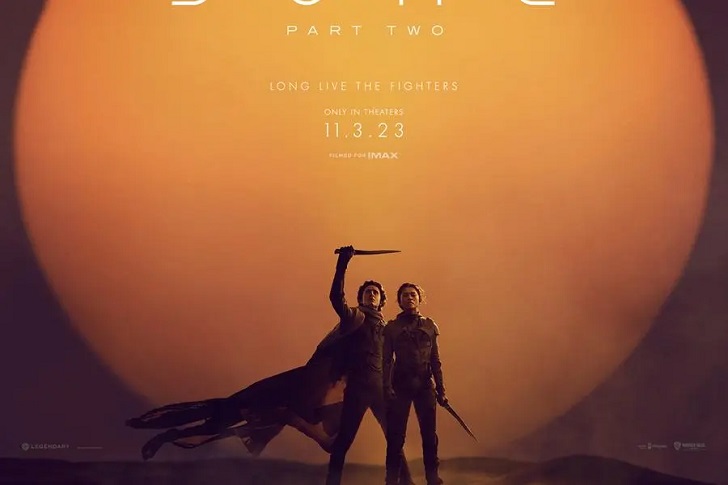
tchalamet_world/ Instagram | Warner recently moved sequel Dune: Part Two from Denis Villeneuve off its November 3 theatrical release to March of 2024, as dates begin to shift
A Battle of Willpower
Warner Bros. Discovery's CEO, David Zaslav, faced the ire of writers when he confidently asserted in May that the strikes would be resolved swiftly due to the industry's shared love for the craft. Yet, the standoff persists as we approach the four-month mark since those words were spoken.
Hollywood leaders had hoped to end the strikes by Labor Day, but the Writers Guild of America dismissed the company's offer on August 11, deeming it insufficient. A counterproposal was put forth on August 15, but the negotiations have stagnated.
Warner Bros. Discovery is steadfast in its commitment to find a fair resolution. In their recent filing, the company reaffirmed its dedication to collaborating with industry leaders to end these strikes while valuing the contributions of writers and actors.
The Race Against Time
Producers are increasingly anxious to resume production, fearing that six more weeks of strikes could obliterate the entire television season and jeopardize next summer's movie releases. There's a growing sense that unless the companies and the guilds reach an agreement by October, there may be no production for the remainder of the year.
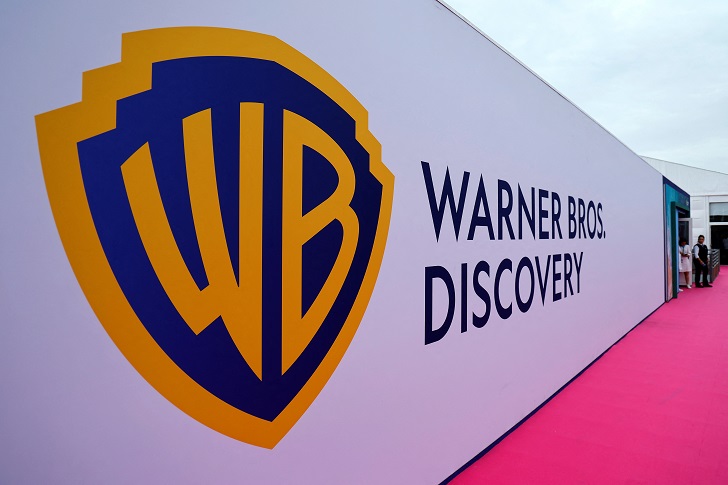
creativebloqofficial/ Instagram | Warner Bros. Discovery shares were marked 2.5% higher
Warner Bros. Discovery's recent financial disclosure underscores that executives are acutely aware of the strikes' potential to cast a long shadow over their fourth-quarter numbers. The stakes are high, and the clock is ticking.
Market Response
Warner Bros. Discovery's shares have experienced a rollercoaster ride amid these challenges. Following the disclosure, they saw a modest 3% uptick to $11.86 in midday trading. However, it's essential to note that the stock has endured a tumultuous period, plummeting nearly 20% over the past six months.
As Warner Bros. Discovery grapples with these labor disputes and the looming financial impact, the entertainment industry as a whole remains on edge, hoping for a resolution that will allow the show to go on.
